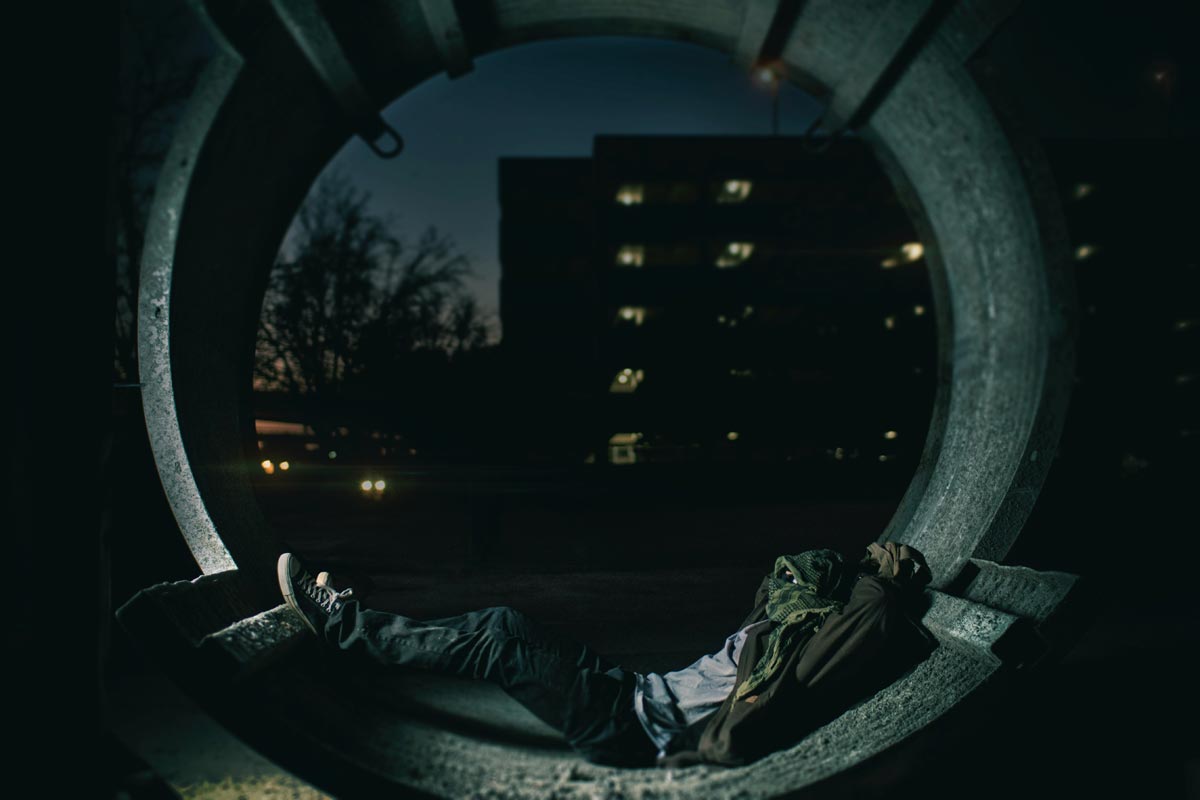Certainly, you saw some partying in high school, but there was always some parental oversight. And, the risk of getting caught, as …
Addiction and Mental Illness Help for the Homeless
Thus, allowing them to get back on their feet while they are learning to live a life in recovery. There are others, though, whose …
Continue Reading about Addiction and Mental Illness Help for the Homeless
Self-Medicating Toward Addiction
co-occurring mental health disorders. Often referred to as having a dual diagnosis. Anyone working in the field knows firsthand …
PTSD Awareness Month: Encouraging Treatment
in your pursuit. At this point, if you are regular reader of this blog, you may be wondering, ‘why all the talk about …
Continue Reading about PTSD Awareness Month: Encouraging Treatment









